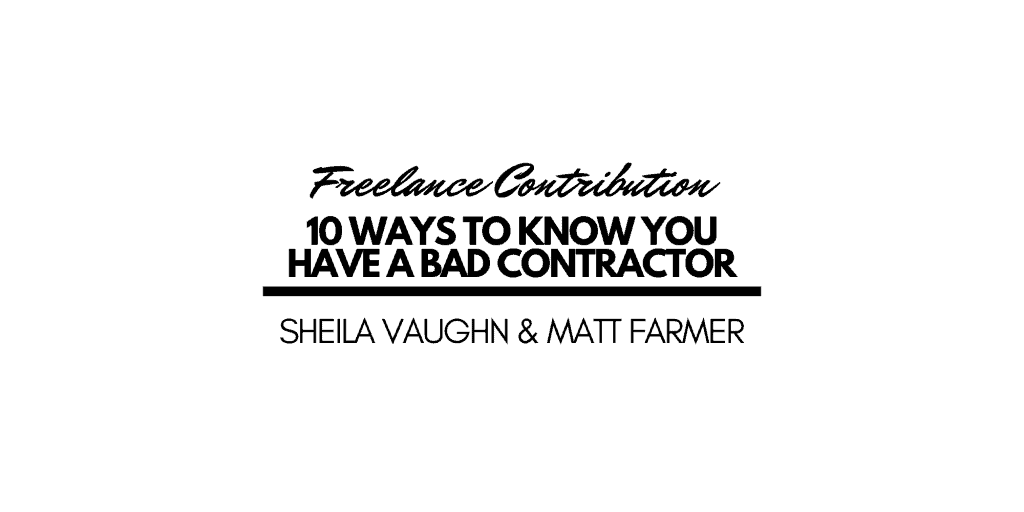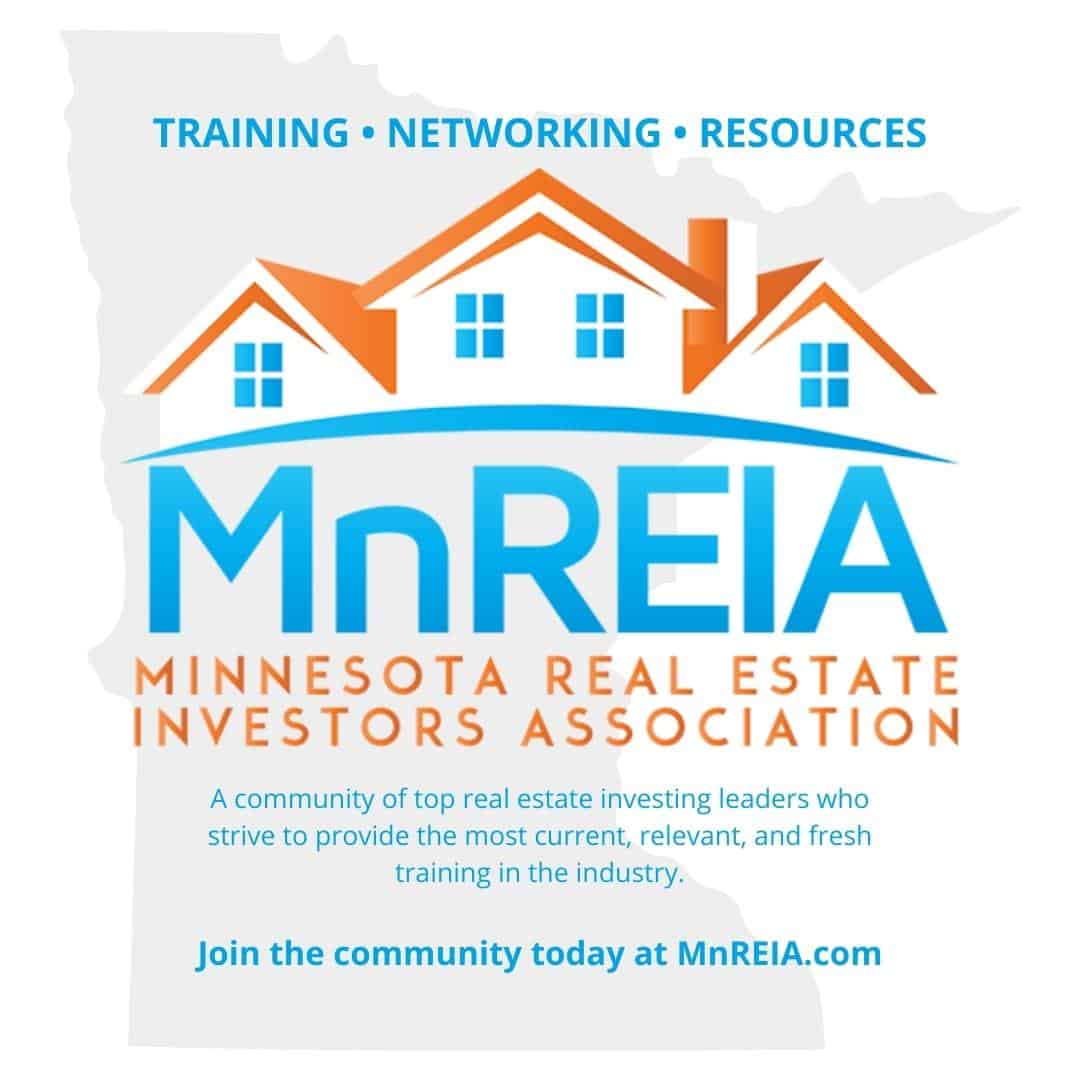DISCLAIMER: All information contained within this article are deemed true and accurate according to the information provided by the individual or company featured in this article.
When you want to get your project completed in a timely fashion and you’re neck-deep in regulations, permits, and code, etc., it’s not always easy to notice failures in your crew. Throughout my years as a general contractor, I have learned a lot of these lessons the hard way and now I am constantly warning others.
1. If your contractors don’t have proof of General Liability Insurance.
Do not just accept a paper. Have the insurance company add you as an additional insured onto the policy during the project. Ask for the insurance company’s agent and contact information. Contact the insurance company directly and have them add you as an additional insured person/company on the policy, then they will email you directly a copy of the policy and will also keep you informed if the policy lapses or is canceled.
2. If they refuse to give you a W9.
Get the W9 [form] at the beginning of the job, not the end. A lot of contractors will try to get out of paying their taxes. Get a signed W9 from the contractor before starting the job. If you try to get it after the job is complete you most likely won’t get it.
3. They should have at least 3 to 5 current, verifiable references.
Don’t just settle for pictures and videos of previous work. Get references, reach out to those references, and tour the current jobs they are working on.
4. They should give you a formal bid/contract with beginning and completion dates or estimated length of the project.
A verbal agreement will surely backfire. You need a formal bid and a signed contract. It’s very important to require those firm start and completion dates or estimated length of the project, which actually helps the contractor because a lot of us back charge $100/day on timeframe extensions. This action holds contractors accountable.
5. If they ask for more than half upfront.
No one should ever ask for more than half upfront. Everyone has different terms with some seasoned contractors requesting half & half on completion or half down, one-fourth draw, and one-fourth on date of completion. Non-seasoned, we do terms of one-third, one-third, one-third.
6. If they ask for money when the bid is turned in and not when the job begins.
Do not give down payments until your paperwork is in order and until the job is about to start. No one should request money in advance unless it is a seasoned contractor and they require payment of some sort to be put on their schedule. I do this with certain people only and people who of which I have a working relationship.
7. They don’t have their own tools for the job.
Anyone you hire should show up with all tools necessary to complete the job they bid.
8. They continually show up late or not at all.
Time is of the essence on projects. Tardiness and no-call/no-show is simply unacceptable.
9. They don’t have transportation to and from the job.
If they don’t have transportation, they can’t bring their tools and probably won’t show up or will be late constantly.
10. They are rude, demanding, disrespectful, and/or lack proper response/communication.
Do not let any contractors bully you, disrespect you, or manipulate you. Do not fall for the sob story or let them talk you into more money before the work is complete. Stand your ground and watch for red flags.
Co-written by Sheila Vaughn/Vaughn Investments & Matt Farmer/Famous Construction
No related posts.




























